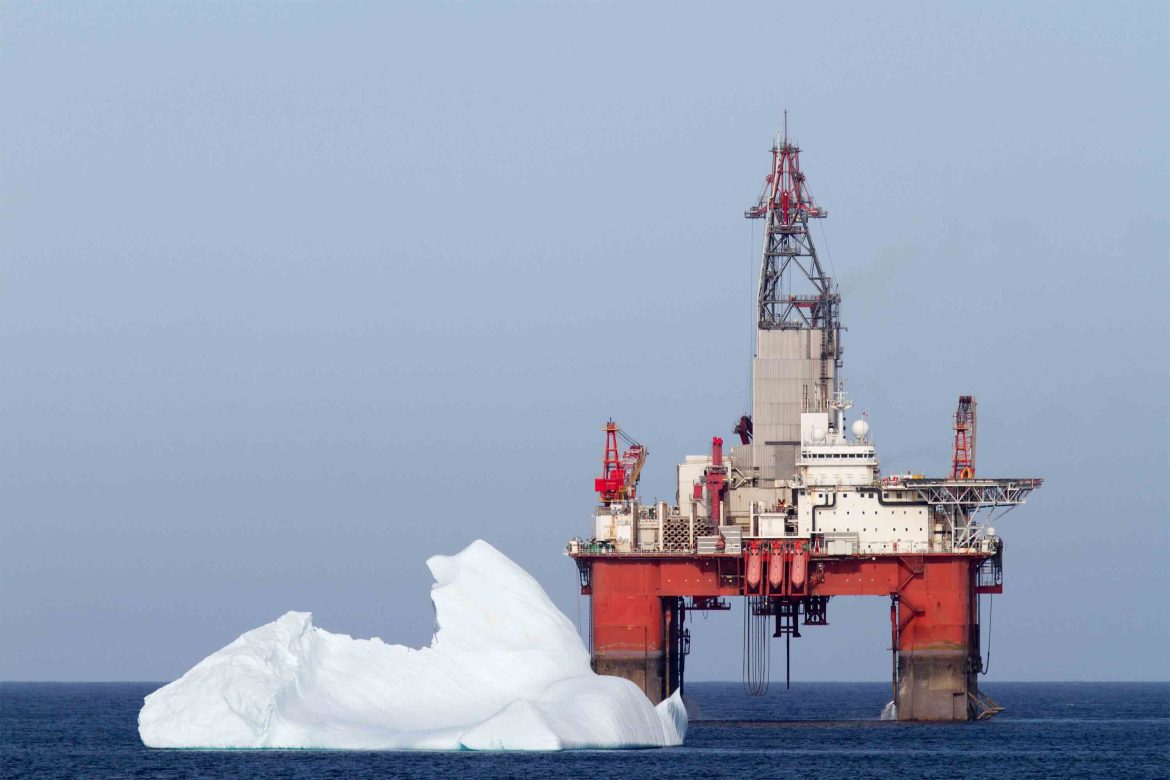The European Court of Human Rights (ECHR) has ruled in favour of Norway in a case brought by six young activists, Greenpeace Nordic and Young Friends of the Earth Norway, who argued that the country’s policy of Arctic oil exploration threatened their future and violated fundamental rights.
In a unanimous decision issued on Tuesday, the Strasbourg court found “no violation” of the European Convention on Human Rights in relation to Norway’s award of exploration licences in the Barents Sea in 2016.
The applicants challenged a government decision to grant 10 exploration licences in the Barents Sea, saying authorities failed to account adequately for the climate effects of additional oil and gas production. They alleged breaches of the right to respect for private and family life, protected by Article 8 of the Convention, in the context of a climate crisis.
Tuesday’s judgment follows a sequence of domestic rulings in Norway, including a 2020 Supreme Court judgment that upheld the licensing framework while recognising the State’s climate obligations. After losing in the national courts, the applicants turned to Strasbourg in 2021, filing the case formally known as Greenpeace Nordic and Others v. Norway (application no. 34068/21).
In its decision, the ECHR noted that aspects of Norway’s 2016 decision-making deferred elements of the climate impact assessment. However, based on the material before it, the Court concluded there was no indication that Norway had failed to respect the applicants’ rights under Article 8. The Court therefore declined to find a violation and rejected the challenge.
Norway is western Europe’s largest producer of oil and gas, with combined output of roughly four million barrels of oil equivalent per day. The government has stated it intends to continue producing hydrocarbons for decades while supporting international efforts to cut greenhouse gas emissions. Tuesday’s ruling leaves intact the Barents Sea licensing decisions at issue, though separate domestic litigation concerning other fields and approvals remains ongoing.
The case formed part of a broader wave of climate-related human rights litigation in Europe. In April 2024, the ECHR’s Grand Chamber held that Switzerland had violated Article 8 and access-to-court guarantees in a case brought by a group of older women, finding states have positive obligations to protect individuals from serious adverse effects of climate change. By contrast, the Court dismissed two other climate cases that same day on procedural grounds. Against that backdrop, the Norwegian case tested how the Court would approach challenges to specific upstream licensing decisions.
Environmental groups involved in the Norwegian proceedings have also pursued parallel avenues. In May 2025, the EFTA Court—advisory to EEA states—issued an opinion indicating that climate assessments for fossil fuel projects must account for downstream, or scope 3, emissions. That opinion has influenced domestic litigation over several Norwegian fields, including injunctions that were temporarily stayed on appeal in 2024. Those processes are distinct from the Strasbourg ruling and continue within Norway’s courts.
Companies with major Norwegian portfolios include Equinor and Aker BP. While not parties to the Strasbourg case, they have been affected by domestic court actions over environmental impact assessments, notably on the Yggdrasil, Tyrving and Breidablikk projects. The ECHR judgment does not determine the outcome of those national proceedings, which turn on Norwegian and EEA law and specific permitting records.
For the applicants and allied organisations, the Strasbourg route offered the possibility of a supranational finding that could have required Norway to revisit its licensing decisions. The Court’s conclusion that there was no breach under Article 8 indicates that, on the facts presented, the applicants did not persuade the judges that the Barents Sea awards crossed the Convention threshold. The decision does not prevent future applications in different factual settings, nor does it alter the Grand Chamber’s 2024 articulation of states’ climate duties under Article 8.
The judgment will be studied closely by other European governments and litigants assessing the Convention’s reach over energy policy choices. It suggests the Court will scrutinise procedural records and national safeguards case by case, rather than treating upstream licensing as inherently incompatible with Convention rights. At the same time, the ruling sits alongside the Swiss judgment, which confirmed that inadequate national climate frameworks can breach the Convention. Together, the decisions indicate that where applicants can show concrete rights impacts and systemic regulatory gaps, Strasbourg may find violations; where national procedures and assessments meet the Court’s standards, it may not.
Norway’s government has welcomed previous court decisions upholding its approach while reiterating its climate commitments. Activist groups have argued that new Arctic exploration is incompatible with international climate goals and have signalled continued legal and advocacy efforts. With Tuesday’s ruling, the immediate challenge to the 2016 Barents Sea licences has been closed at the European level, but the legal and policy debate over how to reconcile energy security, economic considerations and human rights obligations in the era of climate change remains active across multiple fora.


